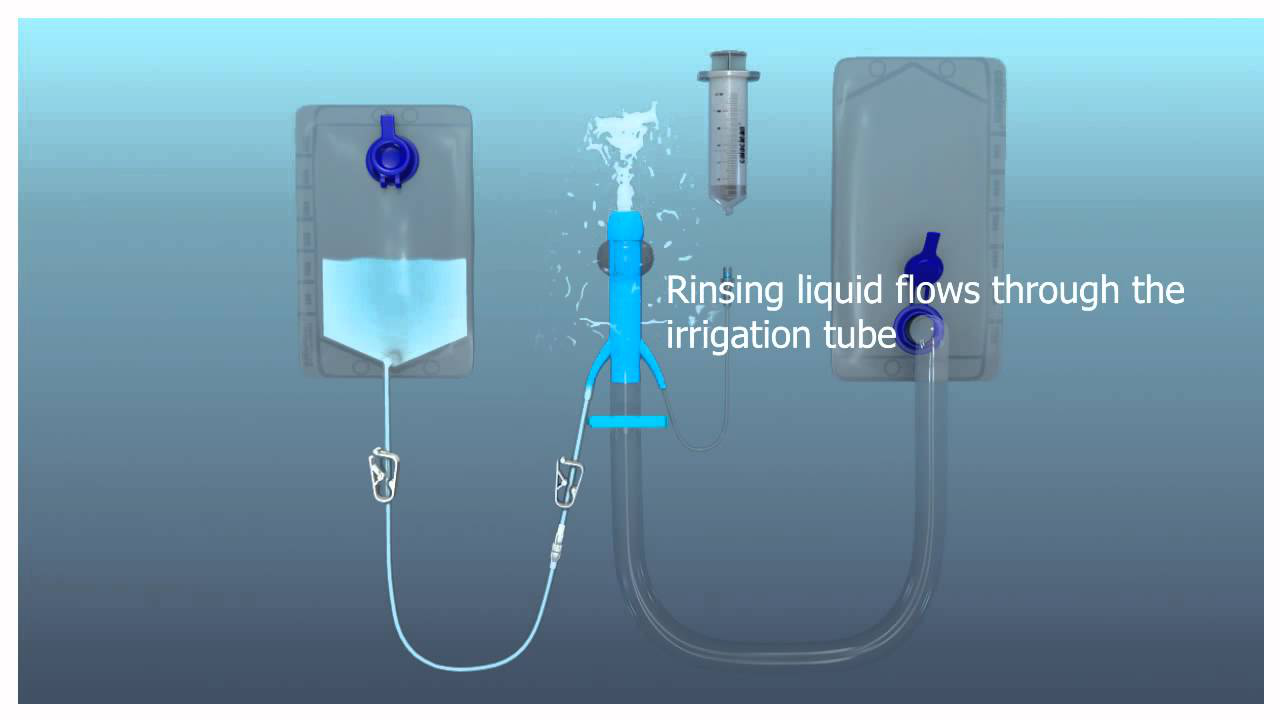A Novel Approach to Intrarectal Bowel Management Systems and Fecal Incontinence with Improved Outcomes.
The management of fecal incontinence (FI) is a quality concern related to skin integrity, the spread of infections, and costs accrual. The cost to manage FI is estimated to be around $16.5 to $19.5 billion in the United States and increases the nurse's workload, hospital stays, linen costs, as well as disposable product utilization (3). Traditional intrarectal bowel management systems (IBMS) have increased the risk of ulcerations and bleeding due to pressure from the retention balloon which is inflated with saline and allows for the device to remain in place (2). Closely monitoring the device to evaluate for harm is essential when managing IBMS. A stool management kit (SMK) designed to eliminate inflatable balloon use decreases the radial forces historically required to anchor the bowel management system.

This directly reduces the risk of trauma and ulceration to the rectum. Clinical studies have shown the occlusion of vessels in the rectum occur at 36 mmHg and the current system has an average radial pressure of 21.2 mmHg (1). 80% of nurses who have used the improved system agree that it saves nursing time related to fecal incontinence and improved the ability to perform routine care while the device was in use. Reduced risk of harm and the ability to anchor the system without regard to rectal tone results in broader patient eligibility and increased quality outcomes with the reduction in skin breakdown, reduced infection rates, and ease of use while utilizing the SMK.
Author: Ashlee F. Garcia, BSN, RN, CWOCN, CFCN, Burn Services, Banner Health, USA
International Conference on Wound Care, Tissue Repair and Regenerative MedicineDate & venue: June 14-15, 2018 | London, UKWebsite: https://goo.gl/eLcFyZ

This directly reduces the risk of trauma and ulceration to the rectum. Clinical studies have shown the occlusion of vessels in the rectum occur at 36 mmHg and the current system has an average radial pressure of 21.2 mmHg (1). 80% of nurses who have used the improved system agree that it saves nursing time related to fecal incontinence and improved the ability to perform routine care while the device was in use. Reduced risk of harm and the ability to anchor the system without regard to rectal tone results in broader patient eligibility and increased quality outcomes with the reduction in skin breakdown, reduced infection rates, and ease of use while utilizing the SMK.
Author: Ashlee F. Garcia, BSN, RN, CWOCN, CFCN, Burn Services, Banner Health, USA
International Conference on Wound Care, Tissue Repair and Regenerative MedicineDate & venue: June 14-15, 2018 | London, UKWebsite: https://goo.gl/eLcFyZ
Comments
Post a Comment